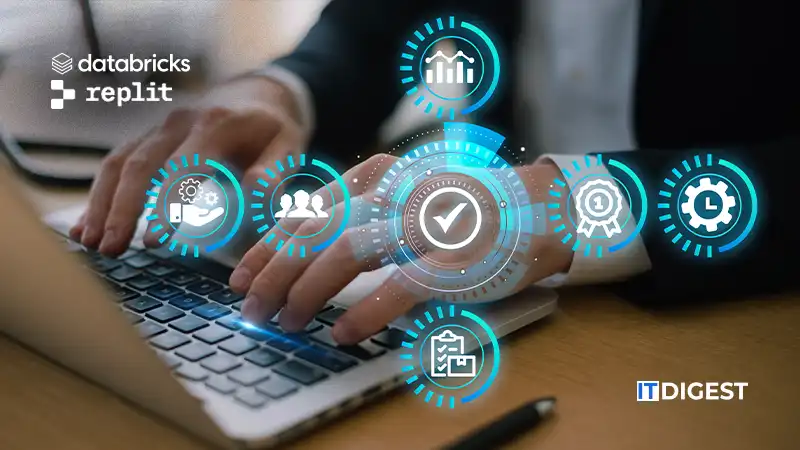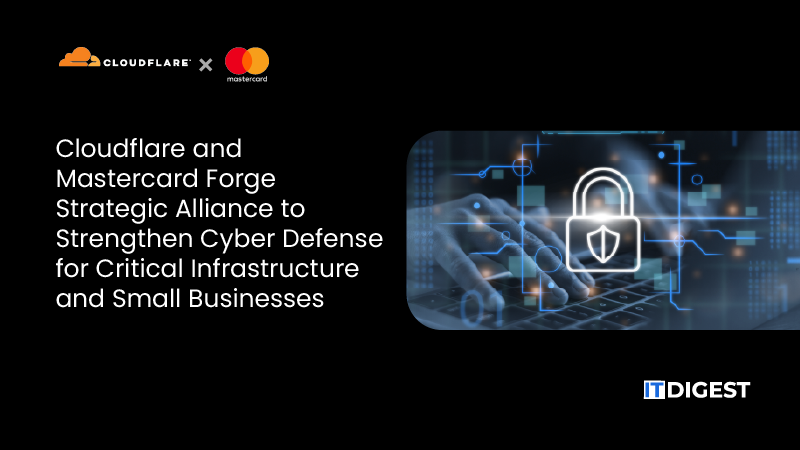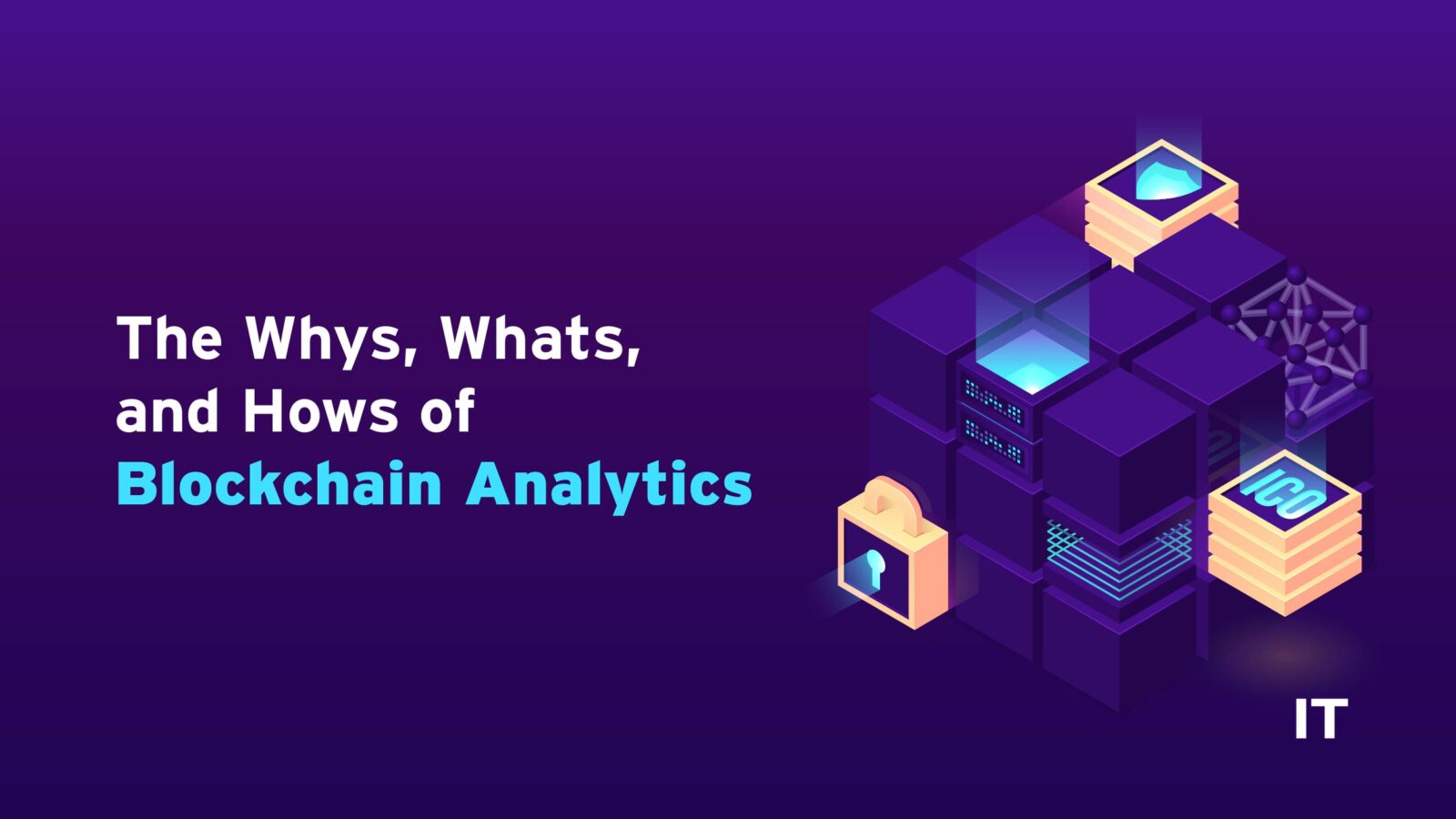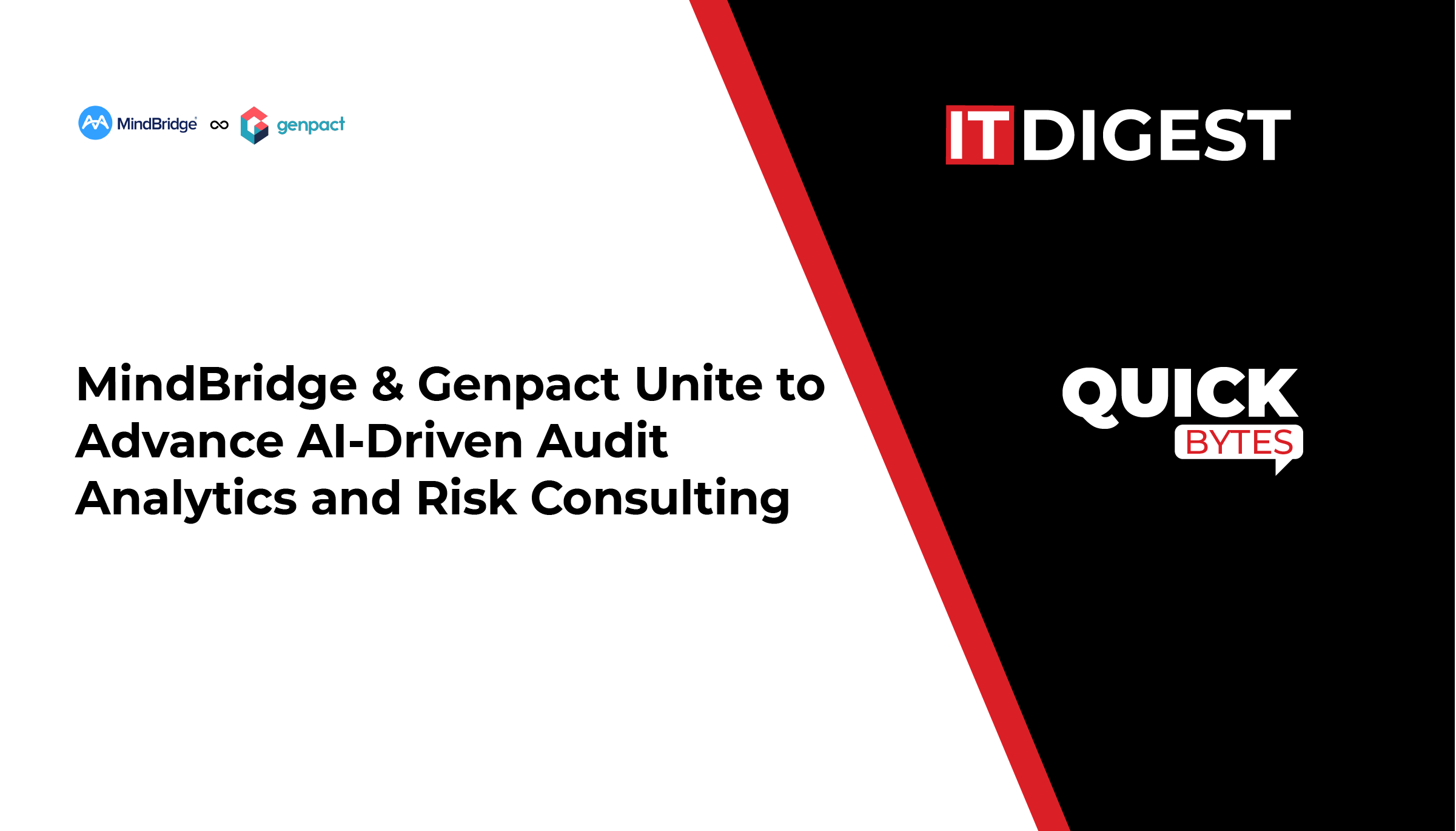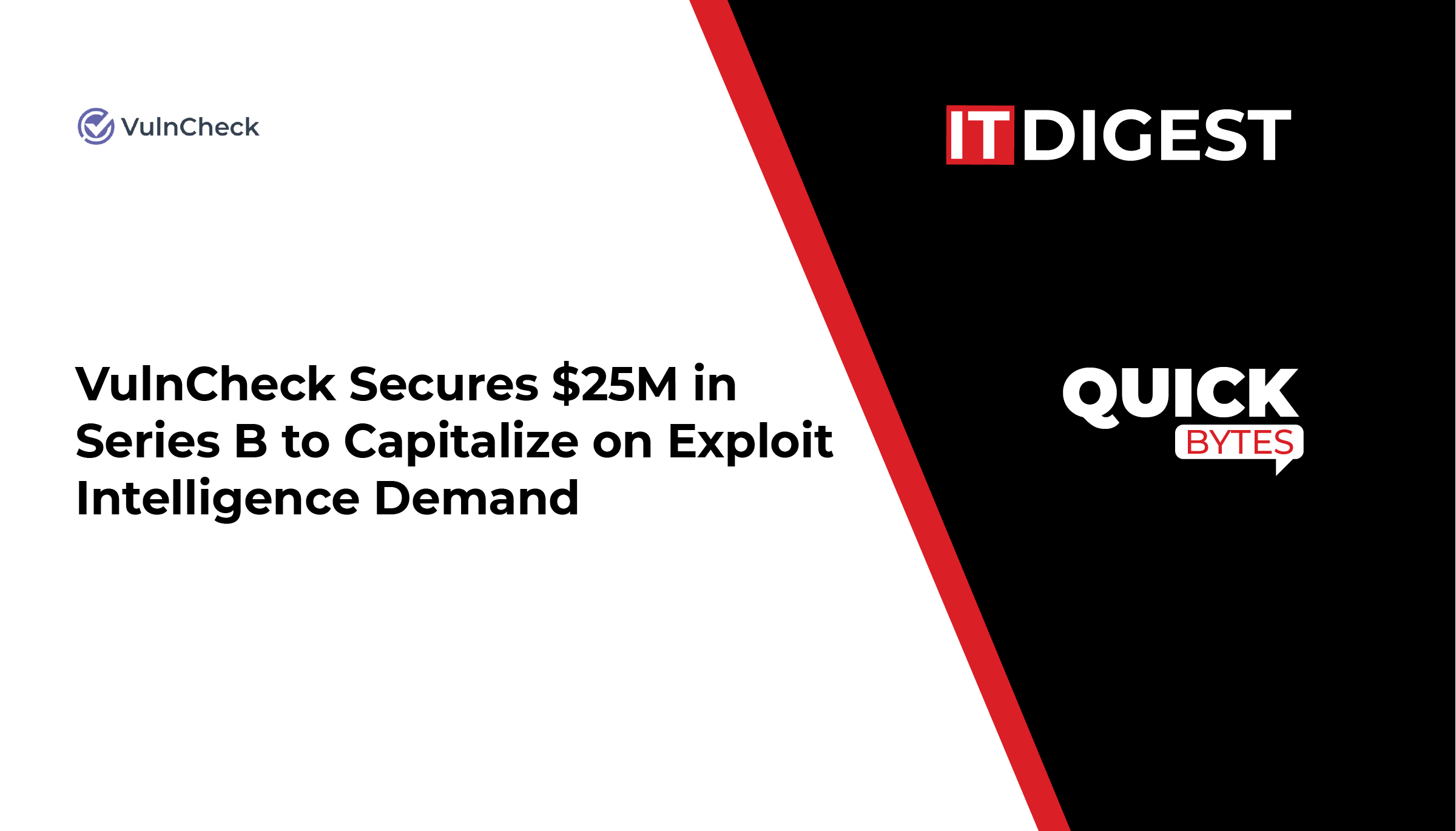Almost everyone would have heard the term “blockchain.” Ever since its inception in 2008, its popularity has only grown exponentially, so much so that global spending on blockchain solutions will reach $19 billion by 2024.
The real question is: how do you make sure the transactions are legit? Blockchain analytics help with just that. In this article, you’ll learn more about these solutions and how they can help keep your money safe.
What Is Blockchain Analytics?
Blockchain analytics is the process of examining and deciphering data kept on a blockchain network. It includes extracting information out of the blockchain using certain tools and methods in order to learn more about transactions, user behavior, and other network features. These analytics facilitate pattern recognition, interpreting and tracking cryptocurrency transactions, and spotting illegal or non-compliant activity.
How Does Blockchain Analytics Work?
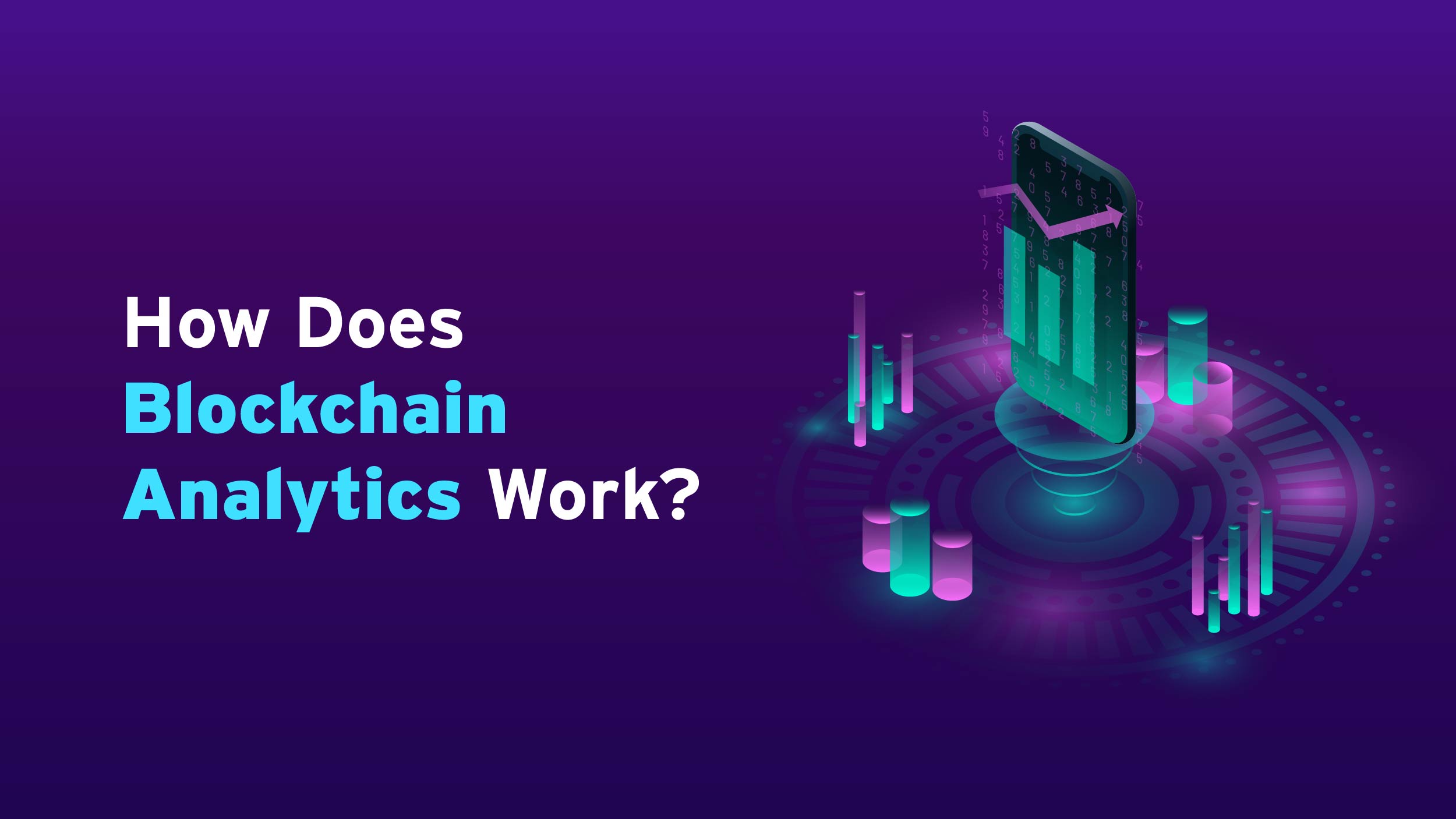
Blockchain analytics providers gather publicly accessible transactional data to trace cryptocurrency holdings linked to illegal or criminal activities. Transactions occur through crypto wallets, digital wallets facilitating payments, usually established via Know Your Customer (KYC) procedures recording owner details.
Once a transaction is made, it’s permanently recorded on the blockchain, making it impossible to alter. Analytics providers scrape blockchains to associate transactions with illegal activity, based on indicators like a wallet’s history. This assigns a ‘risk score’ to wallets or transactions.
Crypto businesses collaborate with analytics providers to screen transactions, generating risk scores. If needed, providers forward data to law enforcement, facilitating further investigation. Suspicious Activity Reports (SARs) match identities with anonymous wallets, creating end-to-end traces of transactions.
Providers categorize wallets with ‘typologies,’ linking them to specific illicit activities. They also develop ‘heuristics’ aggregating transactional data for similar typologies, aiding in identifying transactions from the same source. This ongoing process helps establish fair and legal crypto environments by uncovering illicit fund sources and destinations.
Why Is Blockchain Analytics Important?
With several blockchain startups around, it is crucial to understand why having blockchain analytics is important. Some of these reasons include:
- Transparent Transactions: It serves a crucial role in keeping transactions visible and reliable. It allows users to track funds and verify activities, building trust and minimizing fraudulent behavior.
- Spotting and Stopping Fraud: Spotting unusual patterns and activities helps prevent fraud. It monitors transactions, swiftly detecting any signs of money laundering or illegal dealings.
- Staying Compliant with Regulations: With crypto and blockchain technology on the rise, regulators are keen on upholding financial rules. It also aids in monitoring compliance, flagging any actions that fall outside the legal bounds, and providing a clear record of transactions.
- Uncovering Truths in Investigations: In times of disputes or illegal activities, analytics becomes a powerful investigative tool. It helps trace funds, identify individuals involved, and gather evidence, ensuring justice is served.
How Does Blockchain Analytics Simplify Blockchain Data Analysis For Developers?
Blockchain analytics simplifies blockchain data analysis by offering indexed blockchain data accessible through BigQuery for easy analysis using SQL.
With this analytics, you can access reliable data without the hassle of operating nodes or maintaining an indexer.
Traditionally, developers had to access the right nodes and build and maintain an indexer for each protocol of interest. Google’s expertise in scalable data processing now allows off-chain access to on-chain data through BigQuery, eliminating these steps and allowing you to focus on adding value for your users.
By providing datasets in BigQuery, you can analyze blockchain data as easily as your internal data. You can combine on-chain data with application data to gain a comprehensive understanding of your users and your business.
What are the Challenges Faced by Blockchain Analytics?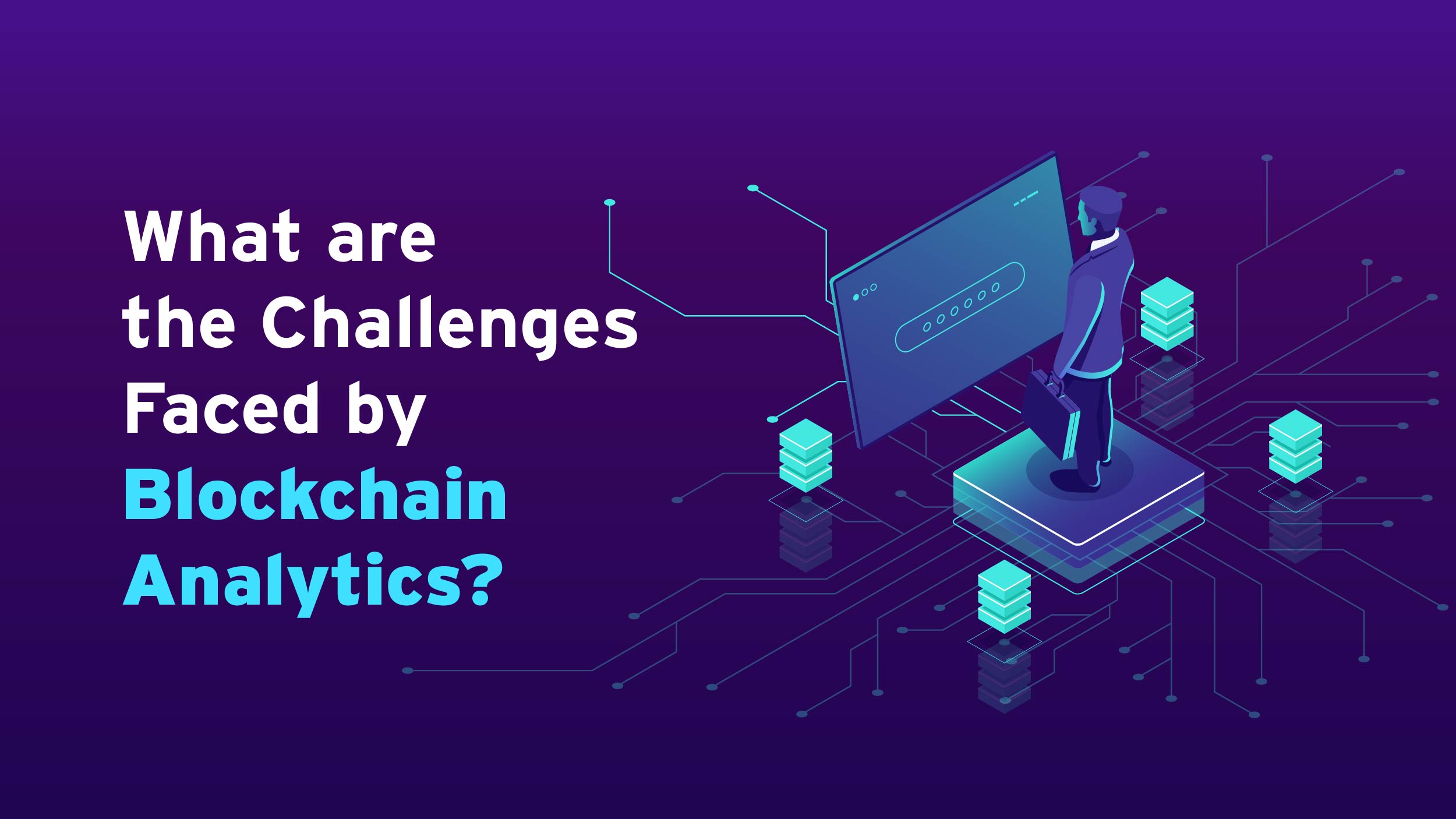
Like any other technology, blockchain analytics faces some restraints.
Even though these analytic solutions offer valuable insights, they’re not standalone. To achieve optimal results, it must be complemented with diverse data sources and tools. For instance, integrating off-chain data and ensuring seamless data visualization are crucial for comprehensive analysis.
Another hurdle is organizational resistance. Despite the potential benefits, stakeholders may hesitate to adopt these analytics solutions due to employee apprehension and potential workflow disruptions. To address this, proactive planning and the gradual introduction of technology are essential, along with maintaining open communication with employees.
Furthermore, the transparency can be overwhelming for decision-makers. While it unveils blind spots, it also requires a clear understanding of the data and its implications. Addressing these challenges early on and equipping data analysts with the necessary skills are crucial for the successful adoption and utilization of these analytics in enterprises.
Future of Blockchain Analytics
Let’s explore potential trends shaping the future:
- Tighter Global Regulations: Expect stricter rules as governments crack down on crypto. For crypto businesses, following regulations will be vital to navigating the changing legal landscape.
- Improved Anti-Money Laundering (AML) Surveillance: These analytics solutions will be essential to AML compliance. Businesses must adopt advanced monitoring solutions to track virtual assets effectively.
- Banks Embracing Crypto: Regulators will push banks to adopt risk-based approaches instead of blanket de-risking. This could foster closer ties between banks and crypto markets.
- Financial Inclusion: Especially in places where traditional banking is scarce, cryptocurrency creates financial opportunity. As blockchain and cryptocurrency revolutionize the financial industry, we can use analytics to clear up confusion, foster trust, and guarantee a safe digital financial environment.
Is the Adoption of the Blockchain Analytics Platform Important?
The primary goal of adopting blockchain analytics platforms like Elementus, Elliptic, CipherTrace, and more is their transparency and visibility. But is it possible to achieve this with a tool?
The quick answer is yes.
What sets these analytics apart is their proven success in building trust, making it increasingly popular. As interest grows, more efforts will focus on seamlessly integrating blockchain into existing systems.
This means we can expect to see more tailored blockchain analysis platforms and increased integration across industries. To determine if a particular analytics is right for your organization, seeking advice from experts who can assess your setup and provide insights is essential.
Bottom Line
Blockchain analytics serves as a pivotal tool for navigating the cyber landscape. By extracting data from ledgers, you can detect irregularities, preventing fraud.
With the potential to revolutionize the financial sector and beyond, these analytics are set to shape the future of various industries, offering increased security, transparency, efficiency, and accessibility in digital transactions.






